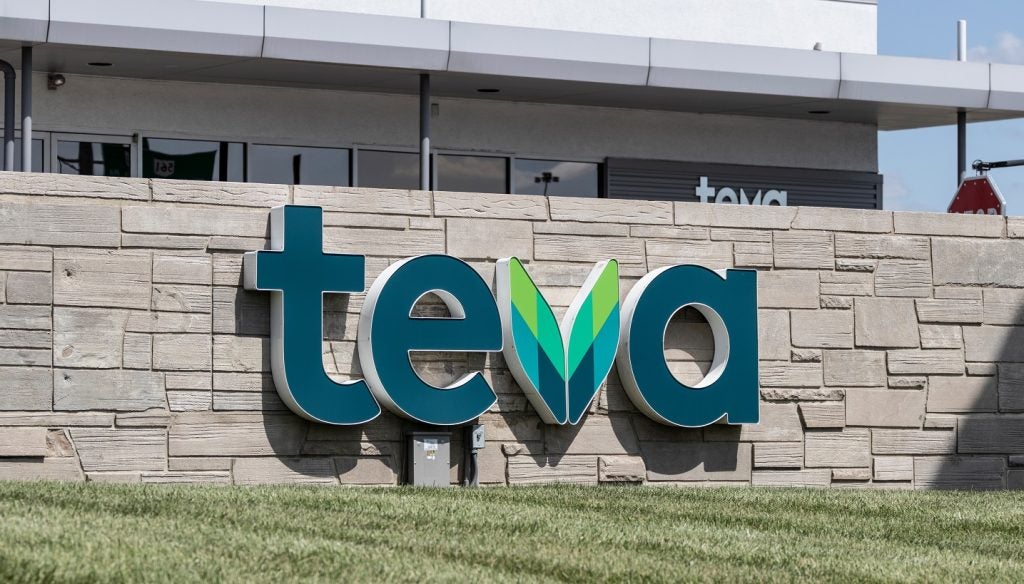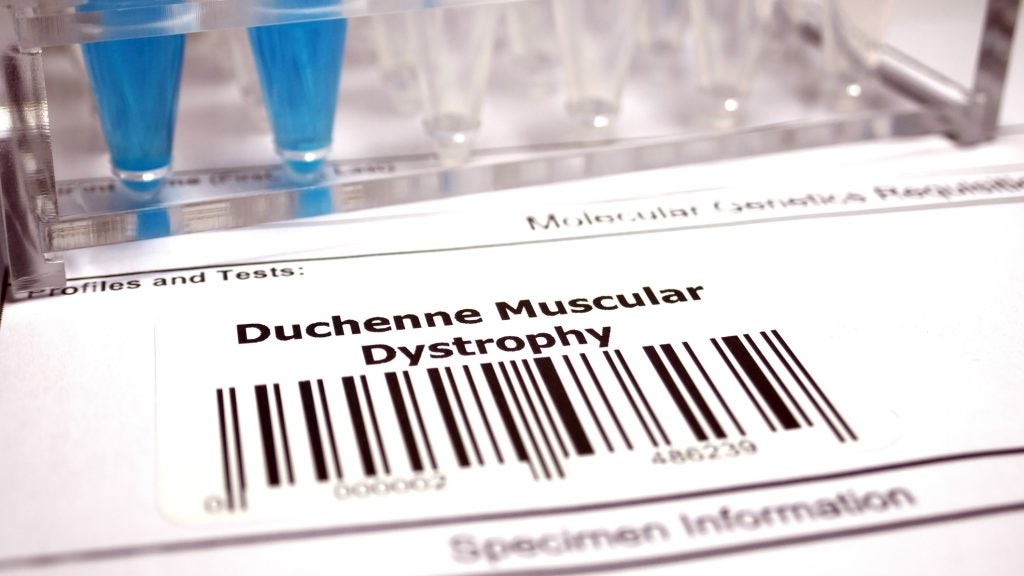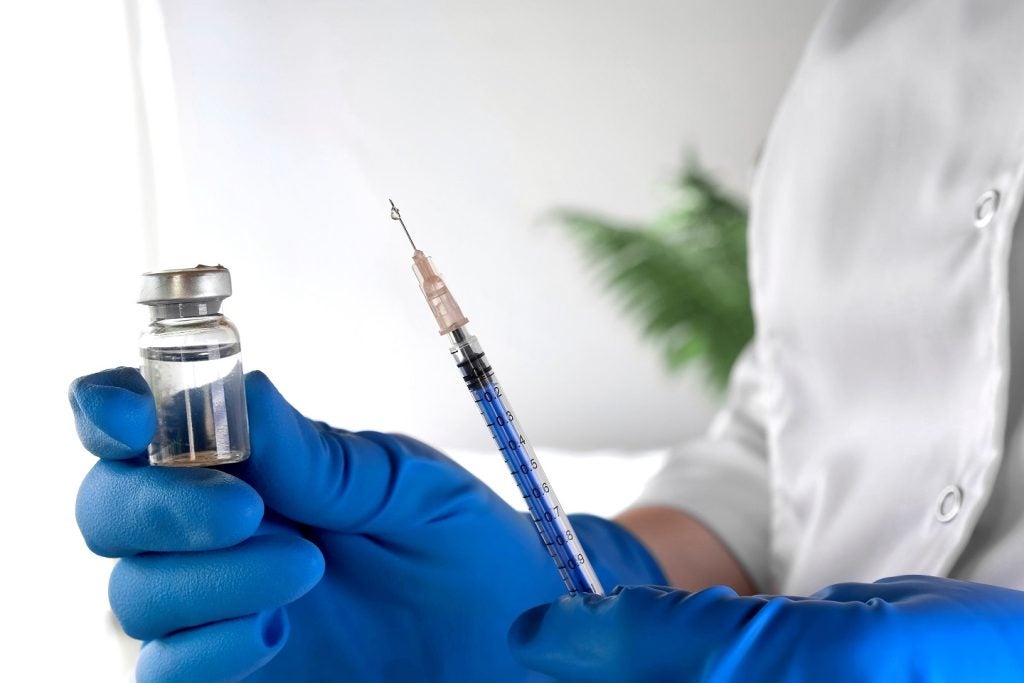Teva and Medincell have announced positive results from the Phase III Subcutaneous OLAnzapine Extended-Release Injection Study (SOLARIS) trial’s efficacy portion evaluating TEV-‘749 (olanzapine) as a once-monthly subcutaneous long-acting injectable in adults with schizophrenia.
SOLARIS is a multi-centre, multinational, randomised, double-blind, placebo-controlled study.
It is designed to evaluate the efficacy, safety, and tolerability of olanzapine extended-release injectable suspension for subcutaneous use in patients aged 18-65 years with schizophrenia.
The Phase III SOLARIS trial has revealed promising results for TEV-‘749, which Teva is developing as a once-monthly subcutaneous long-acting injection of olanzapine.
The study met its primary endpoint, demonstrating clinically meaningful and statistically significant reductions in symptom severity as measured by the Positive and Negative Syndrome Scale (PANSS) total score.
TEV-‘749, which utilises Medincell's SteadyTeq technology, was well tolerated across all dosing groups.
The treatment showed a mean difference in change from baseline to week eight in the PANSS total score, with no incidence of post-injection delirium/sedation syndrome (PDSS) observed to date.
TEV-‘749's performance across key secondary endpoints, including the Clinical Global Impressions – Schizophrenia (CGI-S) and Personal and Social Performance Scale (PSP), was also statistically significant.
Teva chief medical officer and global R&D executive vice-president Eric Hughes said: “These encouraging results from the efficacy portion of our Phase III SOLARIS trial demonstrate the potential of TEV-‘749 to be an effective long-acting treatment option for schizophrenia and further show our dedication to advancing innovative science in mental health and beyond.
“Schizophrenia is often a chronic life-long disease, but by using medication consistently, people can find the treatment help they deserve.”
The partners are assessing the long-term safety of TEV-‘749 and the incidence of PDSS in the SOLARIS open-label study (period 2). The safety data topline readout is expected in the second half of 2024.
















